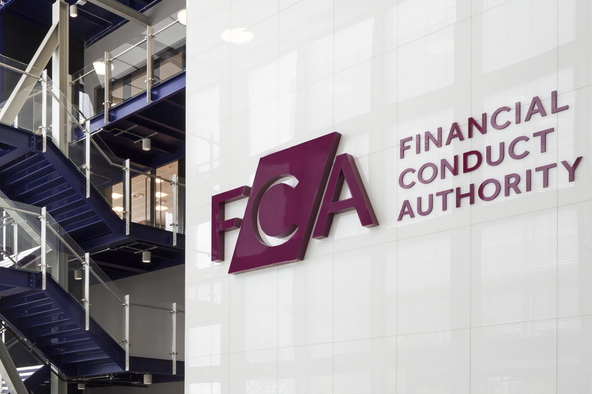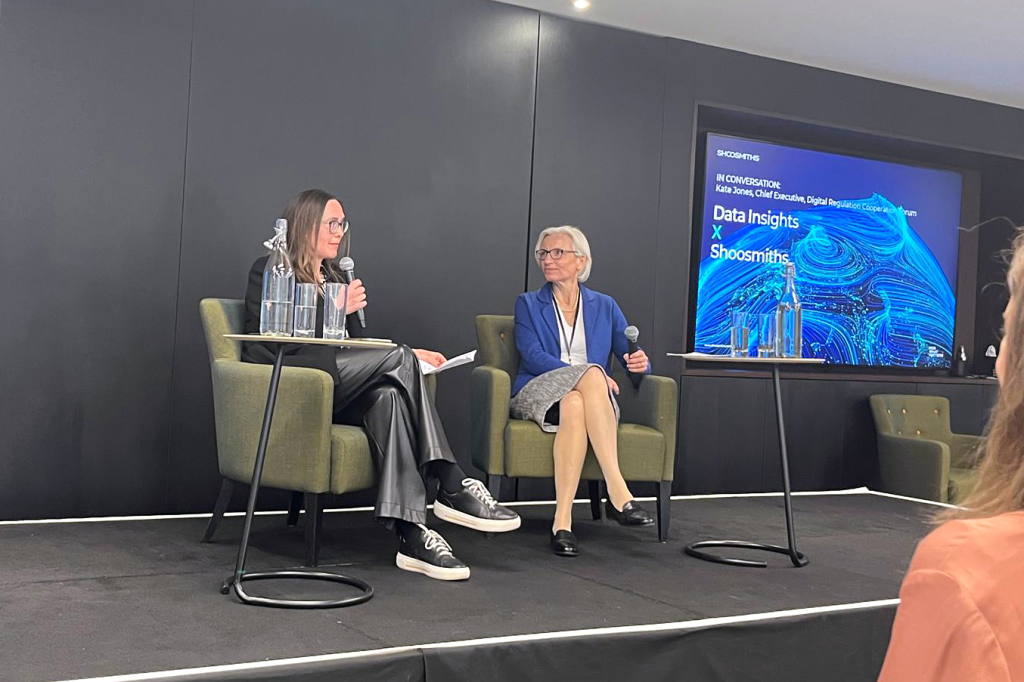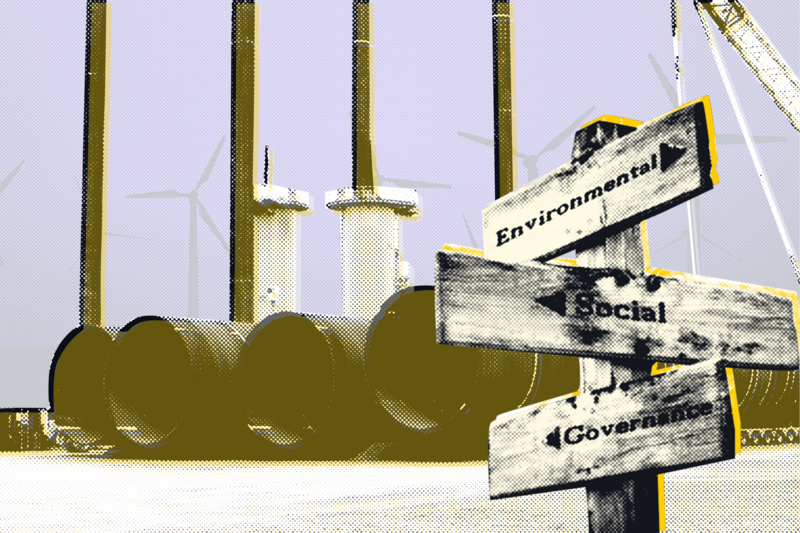Fidelity has announced a new sustainable investment approach. The framework focuses on four themes: (1) nature loss, (2) climate change, (3) governance, and (4) social disparities. These themes will help guide the firm’s engagement activities with companies and regulators.
The company says it has reinforced its commitment to nature with the launch of a nature roadmap, within which nature and deforestation are highlighted as priorities for the firm, in addition to the integration of biodiversity criteria into its ESG frameworks.
In 2024, Fidelity says it will continue to address these issues through its engagement activities, and in particular will vote against companies in high-risk sectors that do not meet its minimum standards of deforestation-related practices and disclosure.
Exxon Mobil is suing two sustainable investment firms in a bid to block them from putting forward a shareholder proposal that would commit the oil company to further curb its greenhouse-gas emissions and target its customers’ emissions.
The Houston-based oil giant said in its lawsuit filed Sunday in a Texas court that investment firms Arjuna Capital and Follow This became Exxon shareholders only to put forward proposals that would “diminish the company’s existing business”.
Arjuna submitted a proposal in December asking shareholders to pass resolutions committing Exxon “to go beyond current plans, further accelerating the pace of emission reductions in the medium-term,” and Follow This joined the proposal the following day. In a departure from Exxon’s current policy, they advise the oil company to target Scope 3 emissions (those of its suppliers and customers) in addition to its own.
“Defendants are asking Exxon Mobil to change its day-to-day business by altering the mix of – or even eliminating – certain of the products that it sells,” the oil company said in the lawsuit. Their goal, it alleged, is “to force Exxon Mobil to change the nature of its ordinary business or to go out of business entirely”.
“As we adapt to lower carbon expectations and a more disrupted market landscape, this new team will be a critical part of us powering possibilities for clients and ensuring the best outcomes for their needs”.
Taylor Wright, Global Co-Head of Investment Banking at Barclays
Exxon Mobil’s lawsuit is the first time the company has gone to court to block a shareholder proposal from receiving a vote.
Arjuna Capital and Follow This have put forward investor proposals at Exxon and other oil-and-gas companies for more than a decade. (See below.)
Shell faces a resolution submitted by a group of 27 investors that are calling on the business to abide by stricter climate targets, including a credible Scope 3 emissions target. Shell currently has a goal of halving emissions from its operations by 2030 and to reduce the intensity of its overall emissions, including Scope 3.
This latest effort is being spearheaded by activist shareholder Follow This, and it includes such investors as Amundi, Rathbones Group, Edmond de Rothschild Asset Management and Scottish Widows.
It is the biggest such drive to date, and it comes just CEO Wael Sawan is trying to lift the company’s profits, partly by scaling back investments in renewables and in scaling up fossil fuel production.
The resolution will be brought to a vote at Shell’s annual general meeting later this year.
Barclays announced a new Energy Transition Group for its corporate and investment bank. This group focuses on advising clients in energy transition opportunities and net-zero solutions. The team will assist clients in a variety of areas, including carbon capture, hydrogen, renewables, renewable natural gas, nature-based solutions, and energy-transition finance.
The new team will be comprised of industry sector specialists from within Barclays’ global Natural Resources, Power, and Sustainable and Impact Investment Banking teams.
“The evolving landscape of banking, capital markets, and the impact on our clients is something that is central to our medium and long-term business strategy,” says Taylor Wright, Global Co-Head of Investment Banking. “As we adapt to lower carbon expectations and a more disrupted market landscape, this new team will be a critical part of us powering possibilities for clients and ensuring the best outcomes for their needs”.
Regional updates
EU – Greenwashing
The European Parliament passed a law banning misleading environmental claims and greenwashing on products. The legislation seeks to help consumers make better purchasing decisions by protecting them from marketing practices deemed misleading.
Such terms as “biodegradable,” “climate neutral” and “environmentally friendly” are now prohibited absent specific evidence. And the directive will ban claims that a product has a “climate-neutral”, “reduced”, or “climate-positive” impact on the environment simply because of CO2 emissions-offsetting schemes.
EU member states are expected to apply the law within the next two years.
EU – Heavy-duty vehicles
Also in the EU, lawmakers have reached a new provisional agreement on proposed new emissions for heavy-duty vehicles. The agreement includes a 90% emissions reduction for heavy trucks by 2040, with staggered interim requirements of 45% from 2030 and 65% from 2035.
The regulation, which contains certain exemptions, will now be submitted to representatives of the member states.
Heavy duty vehicles are responsible for more than 25% of road transportation GHG emissions in the European Union.
Australia – climate-related reporting
Australia has introduced draft legislation that would require climate-related reporting by large and medium-sized companies.
These requirements would include reporting on climate-related risks and opportunities, as well as greenhouse gas emissions across the value chain.
The proposals are based on the recently released sustainability disclosure standards published by the IFRS Foundation’s International Sustainability Standards Board (ISSB). The proposals also include some modifications in areas such as Scope 3 (indirect value chain emissions reporting) and in connection with the reporting requirements for companies that do not have material climate-related financial risks or opportunities.
The new law would also introduce assurance requirements for climate-related reporting similar to those for financial reports, and require companies to obtain assurance reports from their financial auditor.
The government initiated a consultation for the new draft legislation, with submissions accepted until February 9.
Sweden – Green Steel
H2 Green Steel has just announced that it is building a climate-friendly steel plant in Sweden. The company was founded in 2020 with the purpose to decarbonize hard-to-abate industries, starting by producing steel with up to 95% lower CO2 emissions when compared to steel made in traditional coke-fired blast furnaces.

















